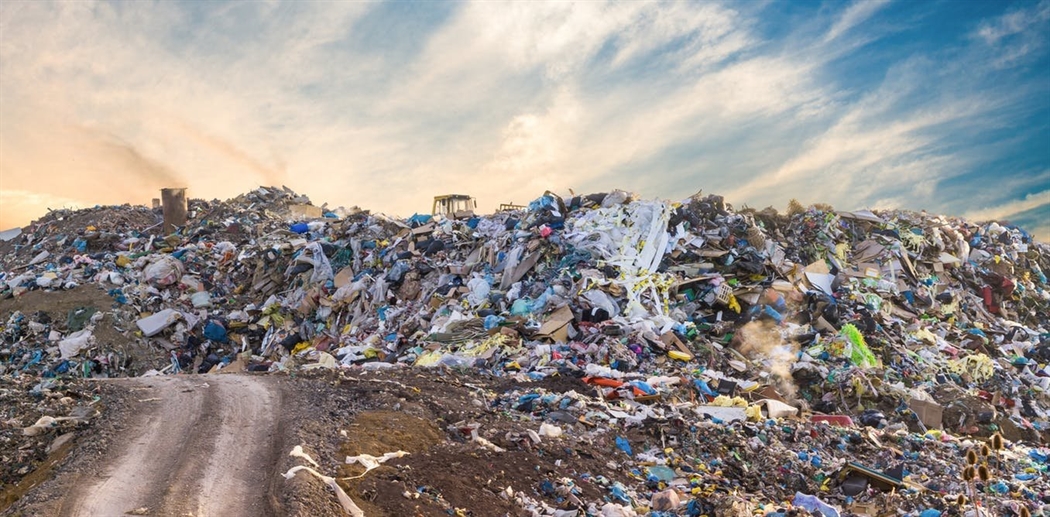The European Parliament is stepping up the fight against single-use plastics as it moves against a global environmental threat, particularly to the world’s oceans.
It is also pushing for all plastic packaging to be recyclable by 2030.
Cheap and durable plastics are widely used, but their soaring popularity has been accompanied by growing amounts of plastic waste and marine litter, which affects the environment and people’s health.
Every year about 26 million tonnes of plastic waste are generated in the EU. Less than 30% of it is recycled, while some of it is exported to non-EU countries for treatment. The rest either goes to landfills, is incinerated, or ends up uncollected in nature, including on beaches or in forests, rivers and seas.
In a bid to tackle plastic pollution, the European Commission proposed a plastics strategy with the aims of ensuring that by 2030 every piece of plastic packaging can be reused or recycled, as well as of reducing the consumption of single-use plastics and the use of micro-plastics.
- Micro-plastics are very small particles (<5mm) of plastic material that can be unintentionally formed through the wear and tear of larger pieces of plastic such as synthetic textiles or can be deliberately manufactured and intentionally added to products such as rinse-off cosmetics (for example facial or body scrubs)
Belgian ECR member Mark Demesmaeker is the MEP in charge of steering the strategy through Parliament.
His report calls for a ban on intentionally added micro-plastics in cosmetics, personal care products, detergents and cleaning products by 2020, as well as for minimum of recycle content for some plastic products as well as quality standards for recycled plastics.
He is also proposing that companies release less micro-plastics when they produce products such as textiles, tyres, paint and cigarette butts.
The MEP said it was time for the EU to act: “Up until now we have been outsourcing our plastic waste problems to countries like China and China has recently decided to ban all imports of EU waste plastics so we have to act now, we have to innovate, we have to invest.”
The Environment Committee will vote on his report on Thursday, September 13.
In addition MEPs are also currently discussing a proposal to ban certain single-use plastics such as cutlery, plates and balloon sticks, as well require goods packaging companies to contribute towards the cost of cleaning up discarded plastics. The plenary vote on it is expected to take place in October.
















